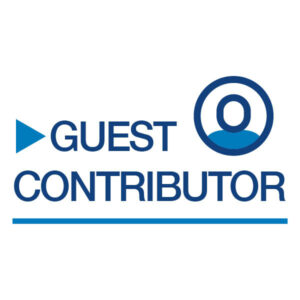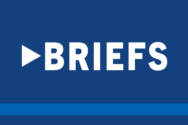
Home » Understanding generational differences improves company culture
Understanding generational differences improves company culture
February 15, 2019
By Danielle Kane
We’ve all heard the stereotypes:
millennials are entitled. Gen Xers are slackers. Baby Boomers can’t adapt. And
Gen Z? So far, the youngest generation to enter the work force has been
pigeon-holded as “too obsessed with themselves to produce quality work.”
But, when we dig deeper, we find that
the labels that define each generation really have no basis in fact. Better
Business Bureau Northwest and Pacific believes capitalizing on this diversity
helps business owners work toward an improved company culture.

Better Business Bureau
Understanding generational differences
is critical to maximizing individual strengths. To do so, it’s important to
look at each demographic through the lens of the era they came of age.
First, take Baby Boomers — born between
1946 and 1964 — they lived through the Vietnam War and the Civil Rights
movement. Today, we perceive them as the generation that’s out of touch. But
what are they really known for? Baby Boomers are extremely hardworking. They
value employee and employer loyalty because to them this signals security.
Then came Gen Xers — born between 1965
and 1980. This cohort became the skeptic bunch, having come of age during the
dot-com bust. This generation is stereotyped as the middle child — sandwiched
between Baby Boomers and Millennials, often forgotten. In the work force
though, Gen X employees are known for being very efficient to avoid working
harder than needed.
Millennials now make up the largest
demographic in the U.S. work force. Those born between 1980-95, Millennials
grew up during an era defined by two very distinct moments: the dawn of the
internet and the rise of global terrorism. This group is picked on for being
spoiled, having been catered to by their Baby Boomer parents. In reality,
Millennials tend to have an innate ability to multitask and adapt to changing
times and technology.
Finally, Gen Z, also known as iGen, is
the current generation growing up and entering the work force. This demographic
was born between 1996 and 2015. Gen Z is unique because those born during this
time have never known a world without internet. As such, they are extremely
digitally savvy and quick thinkers. But, they’ve been labeled the “me
generation,” perceived as being self-absorbed.
When we think about the times in which
each of these demographics grew up, we’re able to see why certain aspects of a
job are more important to some than others. For example, Gen Xers place a high
value on work-life balance, as well as flexibility. Millennials want a company
culture that is diverse and inclusive, with team-building incorporated into it.
Baby Boomers, many of whom are still in the work force, value commitment and a
strong work ethic. And finally, Gen Z employees want to work at a job that
serves a purpose and has a clear mission.
All of these factors need to be
considered by business owners as they hire and grow their teams to work toward
a larger business development strategy. It’s why BBB advocates business owners
to first define their company culture, and then be intentional in who they hire
to their team.
What’s interesting is that when it comes
down to it, employees of all ages want the same things: a basic paycheck, to
feel safe at work, to be part of a team, to be recognized, and, finally, to
feel fulfilled in what they do. The difference is what each demographic values
or emphasizes beyond these basic needs.
Recently, BBB sponsored a seminar with
local business networking group LINK Up2Us on this very topic. Featured speaker
Donna Davis, founder of Kennewick-based Engaged Consulting, discussed how
business owners can bridge the generational gap. Her main piece of advice: open
communication.
Davis emphasized the importance of
owners and managers taking time to talk to their employees, getting feedback
and listening to what they need or what they would like to see changed. For
business owners to capitalize on generational differences, it’s critical there
is an immediate feedback loop in place where everyone’s voices are frequently
heard, not just year-end reviews.
As another method, Davis suggested
mentoring programs between older and younger employees. This ensures older
generations get to share their experience and career wisdom, while younger
generations get to help their older co-workers adapt to rapidly changing
technology and workplace expectations. Not only is this a win-win for each
employee, it’s a major victory for the business owner.
Danielle Kane is the Tri-City marketplace
manager for the Better Business Bureau Northwest and Pacific.
Local News Diversity
KEYWORDS february 2019





